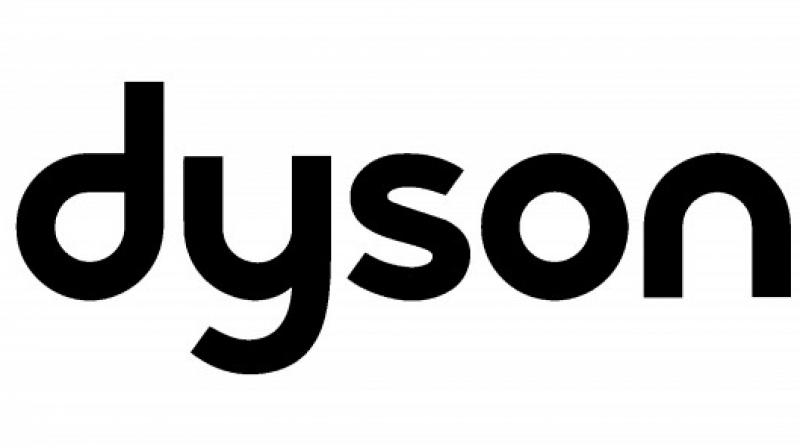Dyson chooses Singapore over Britain to build electric car
24 October, 2018

James Dyson, the billionaire British inventor of the bagless vacuum cleaner, has chosen to build his electric car in Singapore to be close to Asian customers, supply chains and a highly skilled workforce.
The 71-year-old entrepreneur, who backed Brexit in the 2016 referendum, already manufactures products such as hair dryers, air purification systems and bladeless fans in Asia, while the company’s research and development remain in Britain.
Dyson said last year that a 400-strong, the British-based engineering team had been secretly working for more than two years on a USD 2.6 billion projects to build an electric car.
The company, one of Britain’s biggest manufacturing success stories, has not shown any designs for its electric vehicle, although James Dyson has said it will not be like anything else on the market and will not be a “very cheap”.
Dyson, who is not working with established car companies on the project, had said the vehicle would be made close to suppliers and its potential biggest markets, namely in Asia.
“The decision of where to make our car is complex, based on supply chains, access to markets, and the availability of the expertise that will help us achieve our ambitions,” Dyson Chief Executive Jim Rowan said after Singapore was chosen on Tuesday.
Dyson already employs 1,100 people making 21 million digital electric motors every year in Singapore.
It said it would build a new two-storey manufacturing facility in the city-state, scheduled for completion in 2020, with the first cars rolling off production lines a year later.
Singapore’s Prime Minister Lee Hsien Loong said: “Singapore used to assemble cars until the 1980s. Now we will manufacture cars again, except this time greener, better, and more high tech!”
Carmakers are stepping up investment in electric vehicles in response to ever-tightening emissions restrictions and penalties on the use of internal combustion engines, with some countries already promising outright bans.
Dyson is looking to exploit its ability in solid-state battery technology and electric motors that are found in its innovative vacuum cleaners and other products.
James Dyson told reporters last year that his ambition to take on the car makers was triggered when the industry dismissed his idea to use the cyclonic technology that revolutionised vacuum cleaners to clean diesel exhaust emissions in the 1990s.
The inventor was a prominent backer of Britain’s vote to leave the European Union and has argued that Britain’s future lies in building close ties with fast-growing markets in Asia, and not Europe.
Singapore is a densely populated city-state and one of the world’s most expensive places to own a car.
It controls vehicle population through a system of bidding for the right to own and use a vehicle for a limited number of years. Elon Musk, chief executive of Tesla, criticised Singapore for not being supportive of electric vehicles earlier this year.
But the city-state has trade agreements with China and Japan and Dyson CEO Rowan said the comparatively high-cost base would be offset by its technology expertise and focus.
“It is, therefore, the right place to make high-quality technology loaded machines, and the right place to make our electric vehicle,” he said.
Dyson started its work on the electric car in Wiltshire, western England, where it is investing 200 million pounds (USD 260 million) in new buildings and a testing track at its campus.
The privately-owned company reported a 40 per cent rise in turnover to 3.5 billion pounds last year and a 27 per cent rise in earnings to 801 million pounds, with 73 per cent of the growth coming from Asia.
